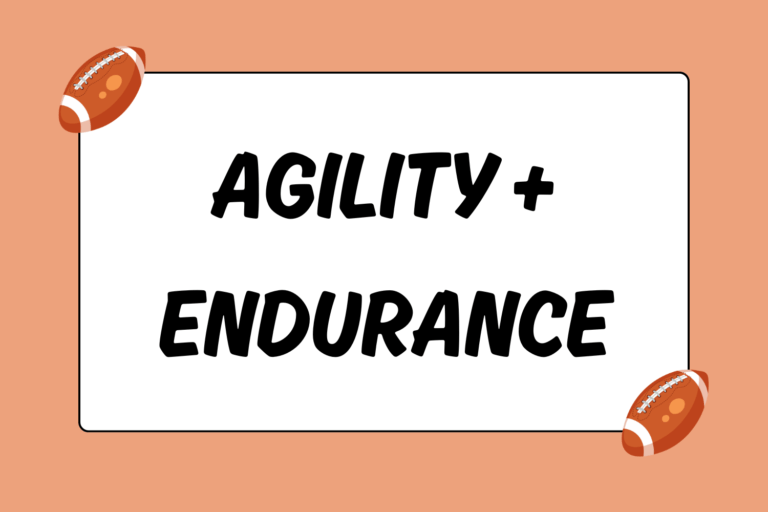Coaching youth football is about helping new and/or young players learn the fundamentals of the game. Coaches try to teach the basics, while making “football” and “fun” synonymous in players’ minds. This endeavor is often arduous enough on its own; aside from the time commitment required, coaching is both physically and emotionally taxing. But the coaching process is made worthwhile when you see a player fall in love with the game, and know that you had a direct role in making that happen.
However rewarding being a football coach can be, a few well-meaning (and occasionally not so well-intentioned) parents can make the experience extremely challenging. Ranging from the over-protective to the downright derogatory, dealing with some players’ parents requires a different approach than others. Here are some ways to handle difficult parents and make thorny interactions as stress-free as possible.
Set the Tone Early
Early on, holding a meeting with all of the parents is a great way to provide some insight on the upcoming season. Ideally, you should hold this meeting before the first practice; the earlier the rules and expectations are put in place, the sooner parents will understand what you need and expect from them. After all, youth football wouldn’t even exist without the involvement of the parents.
During this meeting, you should explicitly detail the crucial elements of the team’s organization:
- Explain how the league is structured, and go over the rules
- Outline the season’s schedule
- Describe what practices will be like
- Talk about the expectations you have for everyone on the team
- Identify your expectations regarding parent involvement and support
The clearer your explanation, the easier it will be for parents to understand how you run the team. Yes, your team. You’re leading the squad, which means that for better or worse, the buck stops with you.
Consistency is Key
It’s likely that some of your players will be more talented than others. Similarly, you’ll probably be closer with some of the parents than others. Both of these situations can, whether purposeful or not, lead to a bit of favoritism. It’s understandable to prefer certain players or parents, but you should actively strive against doing so. Holding all players and parents to the same set of respective standards and expectations demonstrates that you’re a fair and reasonable coach.
Dealing with Specific Issues
Most complaints that parents have with their child’s football coach fall into one of three categories:
- Playing time
- Position assignments
- Coaching decisions
Regardless of the specifics, almost every parent complaint can be successfully nullified by reiterating what you said during the meeting you held at the beginning of the season…that is, if your meeting covered everything it needed to. For example,
Playing time:
A common complaint among youth football parents concerns the amount of playing time allotted to players of varying abilities. Sometimes it’s simply a matter of a parent wanting their child on the field more. Other times, sadly, a parent wants someone else’s child to play less. Fortunately, almost all youth football leagues stipulate that every player in the league stays on the field for a certain number of plays.
Position assignments:
Occasionally a parent will take umbrage with the position you assign their player. This is frequent among parents who’ve already decided which NFL team will draft their future MVP, and feel personally slighted by the fact that you stuck their child at right guard. In reality, youth football players have the opportunity to play several different positions and find one they enjoy, and will usually end up in a position that compliments their strengths.
Coaching decisions:
Complaints about coaching decisions are expansive and difficult to narrow down or summarize. In the history of youth football, coaches have been lambasted for everything from their play-calling to the color of socks they wear. Explain to overly-critical parents that you welcome their constructive feedback, but only at an appropriate time and place.
If a parent is repeatedly disruptive or abusive, do not hesitate to take more drastic actions. Call up the league officials, and have the parent officially reprimanded. If that approach doesn’t work, or if the parent ignores such sanctions, you should absolutely not feel afraid to involve the police. Though it’s (thankfully) a rare occurrence, there is plenty of evidence found on the internet and other media resources to suggest that some parents take their child’s athletic participation far too seriously.
Mental Edge
Hopefully it’s something you never have to experience, but in recent years specific laws were signed into legislation that deal specifically with incidents of threatening and abusive behavior in the arena of youth sports. While most of these laws do focus on protecting the various types of officials, some protection is extended to coaches and staff members as well.
Fun & Games
Many coaches feel a tremendous amount of pressure to succeed. Much of this pressure comes from the coaches themselves, but it can be made much heavier by the involvement of a less-than-friendly parent. Remember this, if nothing else: Football is a game, and games are supposed to be fun. If you have a parent that’s ruining the enjoyment of the game, speak up and tell them. If they continue to draw attention to themselves in negative ways, then they clearly have the wrong intentions, so help them see their way out.





